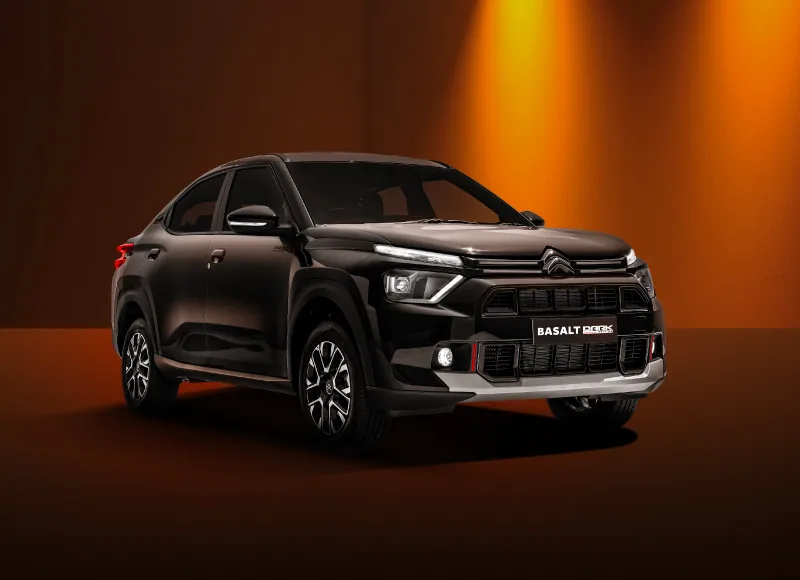You may not have heard of the Xiaomi SU7 before—and that’s exactly why this is the perfect time to talk about it. While Americans and Indians alike are still discovering this EV, Ford’s CEO Jim Farley has already been driving one in Detroit to understand what Chinese automakers are bringing to the global table. Surprised? So were we.
Let’s break down why the Xiaomi SU7 is not just another electric car, but possibly the most exciting EV you’ve never heard of.

Table of Contents
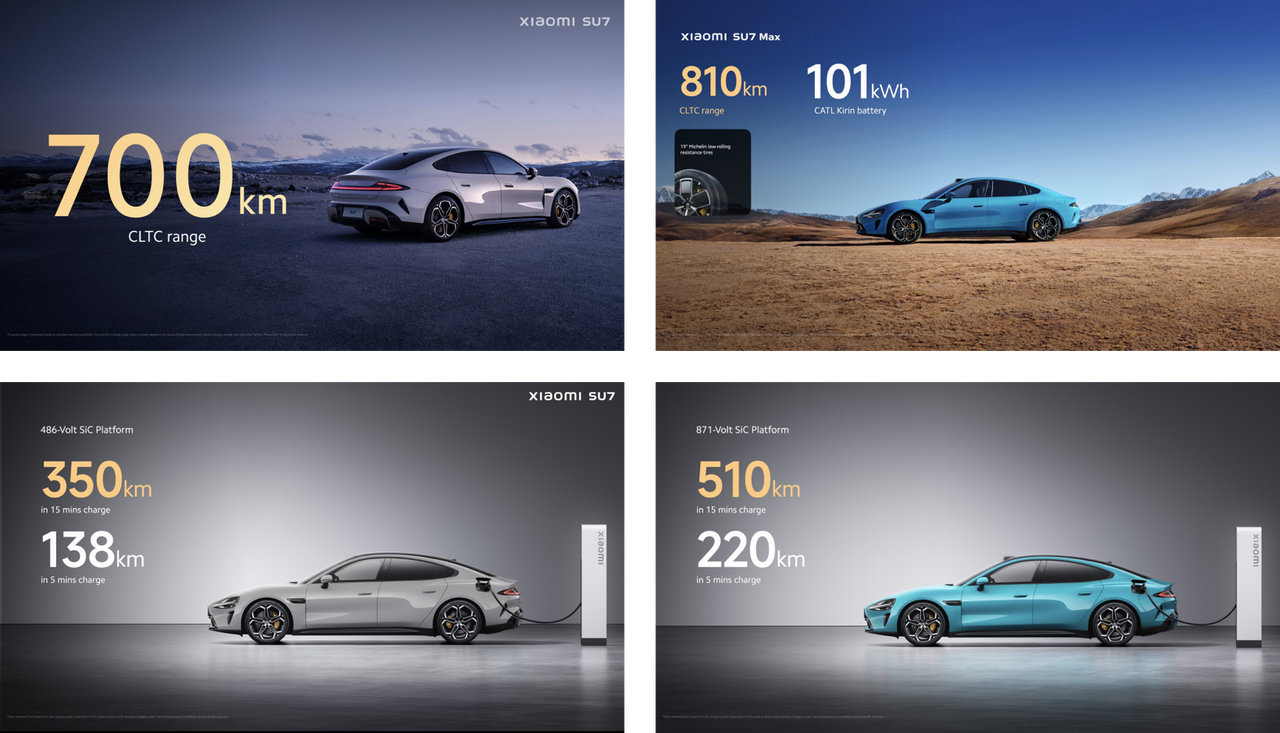
Key Specifications & Performance
The Xiaomi SU7 is a full-sized performance luxury electric sedan. In terms of dimensions, it sits somewhere between a Tesla Model S and a Porsche Taycan, giving it serious road presence.
Powertrain Options:
- Standard (RWD): ~300 hp, ~5.3s (0–100 km/h), 73.6 kWh LFP battery
- Pro (RWD): Same motor, 94 kWh battery, ~830 km CLTC range
- Max (AWD): 495 kW (665 hp), ~2.78s (0–100 km/h), 101 kWh NMC battery
- Ultra: 1,500+ hp, <2.0s (0–100 km/h), Nürburgring record-setter for 4-door cars
Pricing (China):
- Standard: ¥215,900 (~₹25.5 lakh)
- Max: ¥299,900 (~₹35.5 lakh)
- Ultra: ¥529,900 (~₹62.5 lakh)
Despite those impressive specs, the Max version is priced closer to a Tesla Model 3 than a Model S. That’s unheard of for a 665-hp AWD performance EV.
If Xiaomi ever launches this in India—even at a slightly higher price due to import duties—it could disrupt the premium EV segment.
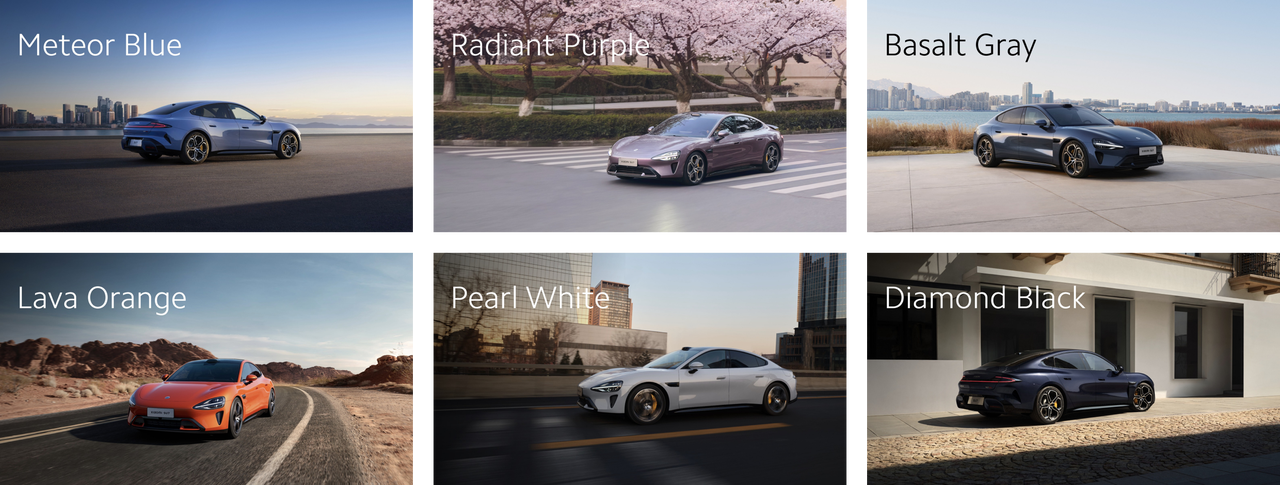
Exterior Highlights
Visually, the SU7 has a sleek and emotional design—arguably more aggressive and elegant than the Model 3. It features:
- Hidden radar sensors mounted at the top of the windshield (a bit like a taxi light)
- A sedan trunk instead of a hatchback despite its teardrop shape
- Touch-sensitive charge port door
- Deep UV-tinted factory glass that blocks 99% UV and most heat (a huge plus in Indian summers)
- Sweeping LED indicators front and rear
- Eye-catching color options like turquoise with red interiors
BYD’s Gen 2 Blade Battery: A Game-Changer for the EV Industry in 2025

Interior: Features & Innovation
Step inside, and the surprises keep coming:
- Flipping digital gauge cluster: displays car profile when off, turns into a live dashboard when on
- Integrated GoPro mounts on the dash
- Touch-sensitive door releases
- Hidden air vents and ambient lighting
- Headrest speaker for navigation audio directed only at the driver
- Voice command localization: rear passengers can command their own windows
- Add-on physical control bar with knobs for users who dislike touchscreen controls
- Refrigerator in the rear center console (a dream for Indian road trips!)
- Under-seat rear storage bins, and tablet mounts for rear passengers
- Panoramic roof with dark factory tinting (adds style without frying you in the sun)
Even the center screen’s user interface, though primarily in Chinese, is highly responsive and intuitive.
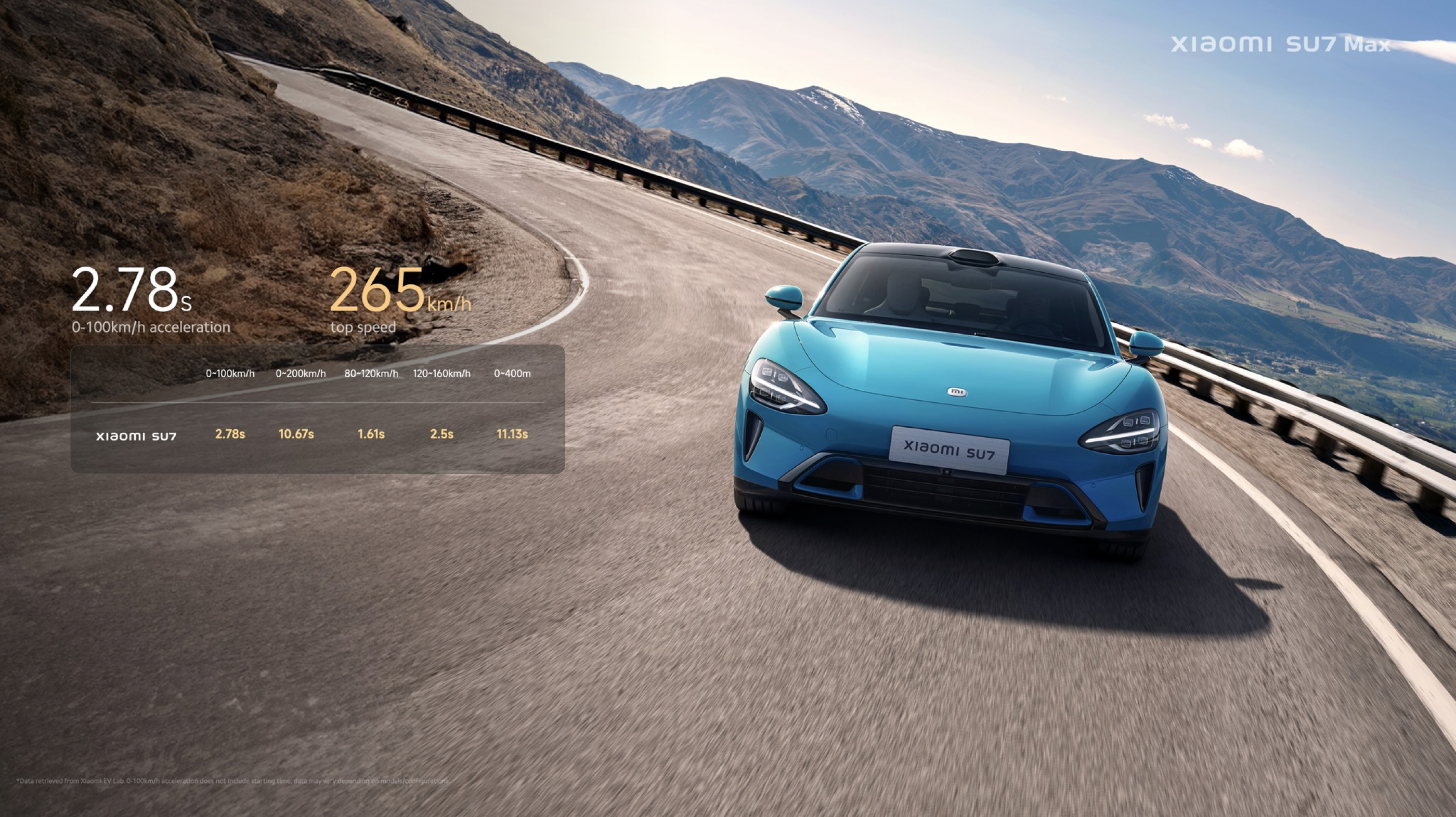
On the Road: Driving Experience
Driving the SU7 Max is a surprising experience:
- It’s blisteringly fast—0–100 km/h in under 3 seconds
- The steering is quick, which can feel twitchy at high speeds but makes the car agile
- The ride quality is premium, balancing comfort and performance
- All-season tires slightly limit grip, but it’s still incredibly stable
- Cabin noise is minimal, with a quiet, insulated driving feel
Switching between comfort and sport modes changes not just throttle response but also suspension firmness and cabin sound levels. Xiaomi has nailed the dual-personality balance.
2025 Kia Carnival vs Old Model – Big Upgrade or Big Price?
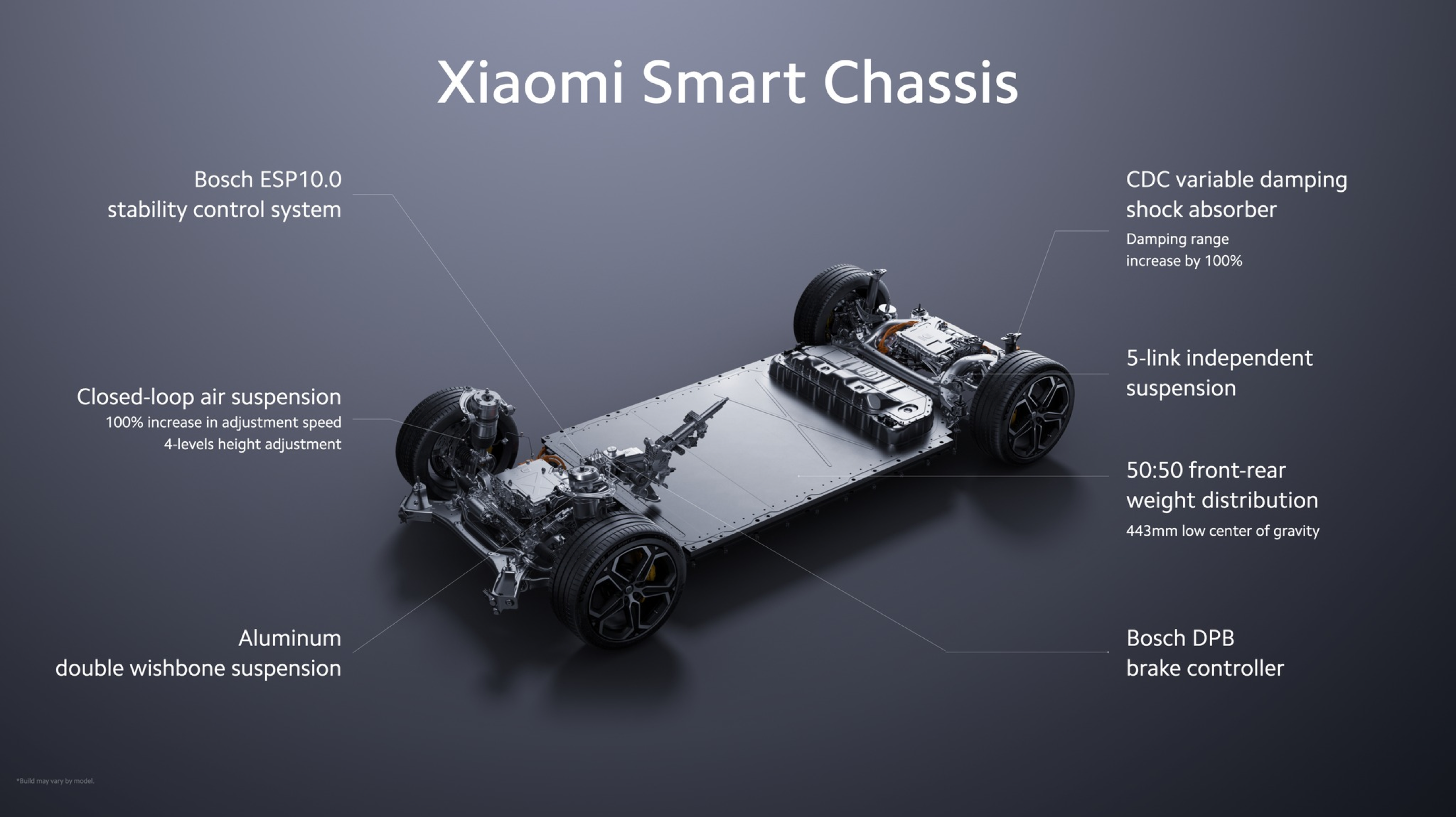
Final Thoughts
Is it better than a Tesla Model 3? On tech, interior quality, and design—yes. On global availability—no.
Will it come to India? As of now, there are no official plans. However, Xiaomi has confirmed that global EV exports will begin around 2027, possibly including right-hand drive markets like India. Given the growing Indian EV market, Xiaomi SU7 could be a major disruptor if launched.
If launched in the ₹35–40 lakh segment in India, the SU7 could be a serious rival to the Hyundai Ioniq 5, BYD Seal, and even luxury offerings like the BMW i4.
Verdict: Why the Xiaomi SU7 Matters
The SU7 is more than a “first car” by a smartphone company. It’s a statement. Chinese automakers have rapidly caught up—and in some cases, surpassed global benchmarks in EV innovation, design, and pricing.
If Xiaomi can deliver all this in a ₹35 lakh package, the question is not whether this car can succeed—but why legacy automakers can’t do the same.
Visit Official Source: mi.com SU7 Official Article
For more such reviews and auto tech analysis tailored for Indian readers, stay tuned to AutoAkhbar.com.
❓ Frequently Asked Questions (FAQ)
What is the expected launch date of Xiaomi SU7 in India?
As of now, Xiaomi has not officially confirmed the India launch of the SU7. However, global exports are expected to begin around 2027, which may include right-hand drive markets like India.
How much will the Xiaomi SU7 cost in India if launched?
In China, the SU7 Max variant costs around ₹35.5 lakh (converted). With Indian import duties and taxes, it could be priced between ₹40–45 lakh, positioning it against the Hyundai Ioniq 5, BYD Seal, and BMW i4.
How does the Xiaomi SU7 compare to the Tesla Model 3?
The SU7 offers better interior quality, more features, and a bolder design at a similar price point. However, Tesla has a more established global service and charging infrastructure.
What is the range and performance of the Xiaomi SU7?
Depending on the variant, the SU7 offers 400–800 km range (CLTC) and 0–100 km/h in as little as 2.78 seconds for the Max version. The Ultra version goes below 2 seconds.
Is the Xiaomi SU7 suitable for Indian driving conditions?
With its advanced cooling, UV-blocking tint, and comfort-focused drive modes, the SU7 appears well-suited for Indian weather. However, ground clearance and service availability will be key factors to assess once launched.


